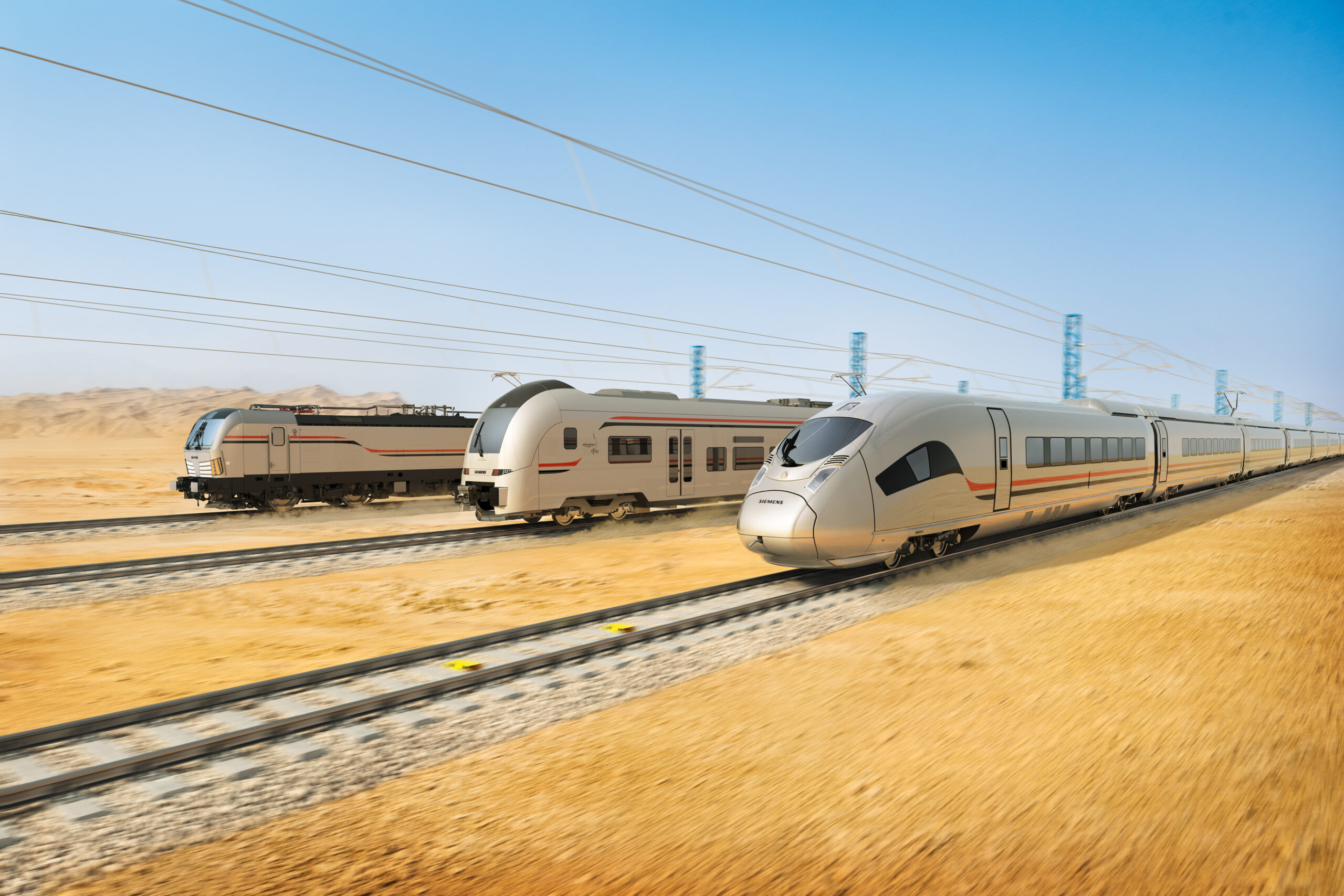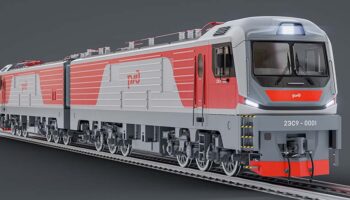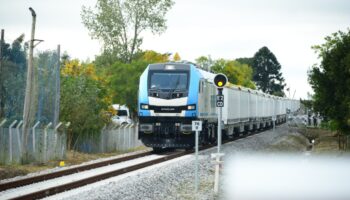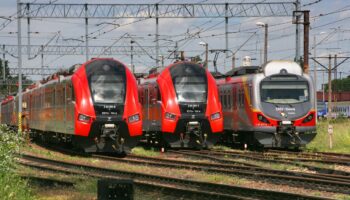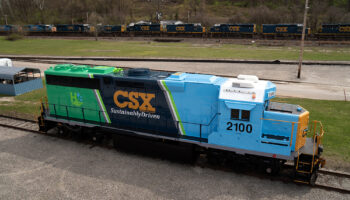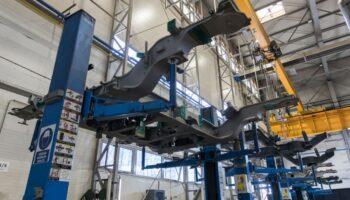Egypt: The country is actively expanding the suppliers pool by entering into contracts with global manufacturers, but at the same time is working to create its own rolling stock production.
In alignment with the national initiative Vision 2030, aimed at ensuring the sustainable growth of the country’s economy, Egypt is now attracting and directing significant funding for the development of rail transport. According to a recent report by the African Development Bank, the goal of the state-owned Egyptian National Railways (ENR) operator is to bring the share of rail transport in passenger traffic up to 15% by 2029, in freight traffic to 10%.
In 2014, ENR approved a 10-year plan to invest in the railway industry the amount of $10 bln USD. As Railway Technology reported, in the spring of 2021, the country Transport Minister, Kamel Al-Wazir, noted that an even larger budget was laid down for the further development of the Egyptian railway network – $14.4 bln USD. Significant funds are also being invested in the development of metro systems. Under such conditions, the active expanding of the largest rolling stock players presence in the Egyptian market is an obvious solution.
At the end of March, the first Talgo passenger train arrived in the country, which consists of a diesel locomotive, a power module car and 14 Intercity passenger cars of different service classes. The vehicles are designed for operation at speeds up to 160 km/h, its capacity – 492 passengers. The manufacturer opened up the Egyptian market following Transmashholding (TMH), which in 2018 received an order of more than €1 bln for the delivery of 1,300 passenger cars (effective in 2020 after confirmation of the loan). Then, in 2019, ENR, with a loan from the European Bank for Reconstruction and Development (EBRD), ordered 6 trains from Talgo for €158 mln in order to employ it on the Alexandria-Cairo-Aswan line. The remaining 5 trains are scheduled to be delivered by the end of this year.
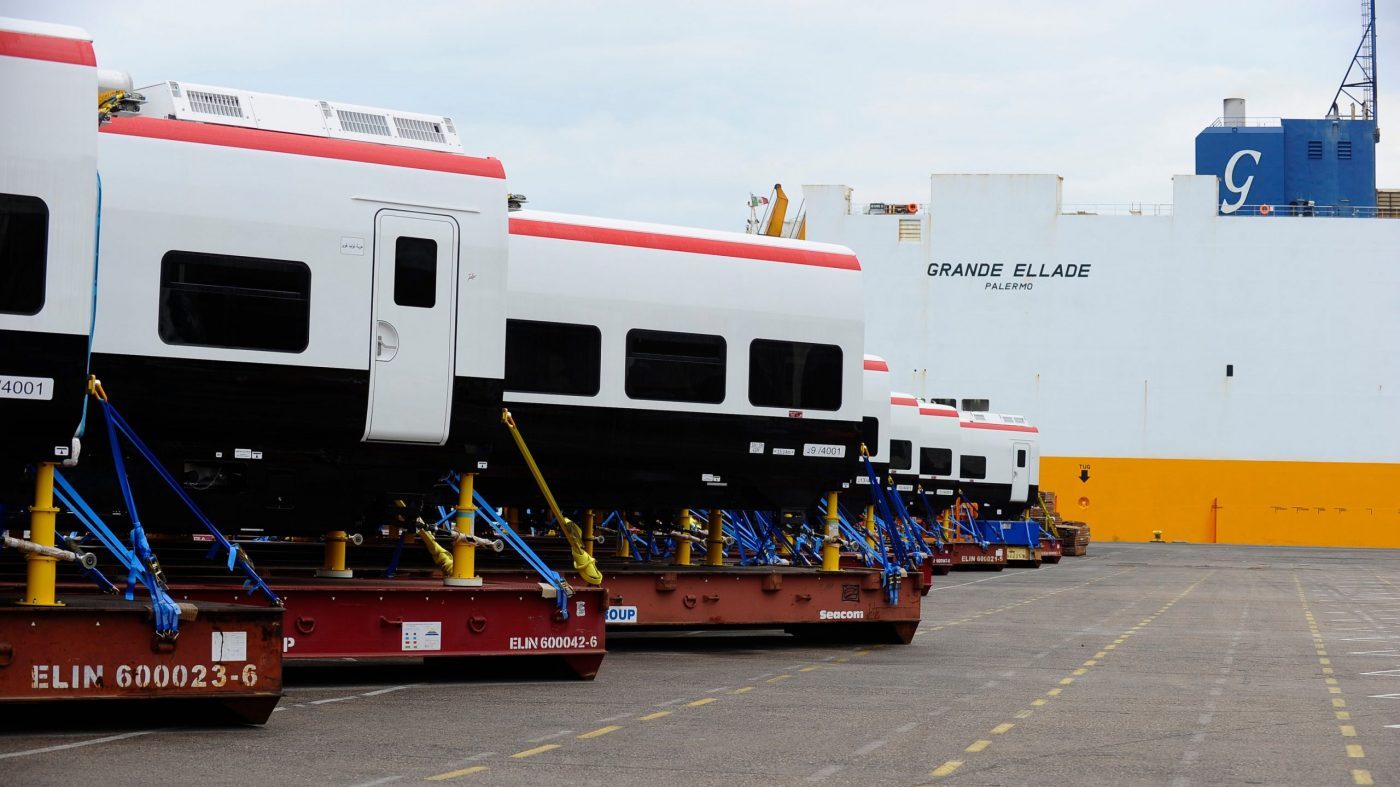 The first Intercity Talgo 230 train for Egypt at the port of Valencia, Spain. Source: elmercantil.com
The first Intercity Talgo 230 train for Egypt at the port of Valencia, Spain. Source: elmercantil.com
The deliveries to Egypt at the state level are also supported in France. In March, the country’s state bodies approved the provision of a preferential loan to Egypt for the purchase of 55 nine-car Alstom Metropolis trains for the Cairo metro under a contract concluded between the manufacturer and the national authority for tunnels (NAT) in November 2021. Each train will be able to accommodate 2,580 passengers. Along with the rolling stock, Alstom will supply maintenance software that the manufacturer claims will help reduce repair costs by 20% and spare parts consumption by 15%. The vehicles will be designed at Alstom’s site in Valenciennes-Petite-Foret, the production of bogies and electric motors will be organised at the plant in Le Creusot, electrical equipment – at the plant in Toulouse. The final assembly will be carried out at the only site in Egypt for the production of rail vehicles – the SEMAF plant, which has been operating since 1955. The level of localisation should be 13.3%.
Last year, another rolling stock manufacturer, Siemens Mobility, strengthened significantly on the Egyptian market. The producer as a member of a consortium with Arab Contractors and Orascom Construction signed a contract for the construction and provision of rolling stock for the country’s first 660 km high-speed line. The contract value is about $4.5 bln USD, Siemens’ share in it is about $3 bln. According to Michael Peter, CEO of Siemens Mobility, the company will deliver 35 Velaro high-speed EMUs, 70 Desiro High Capacity EMUs and 30 Vectron electric freight locomotives for the project. The contract covers only the first stage of cooperation on the creation of a 1,800-kilometer network. Negotiations are underway to build two more lines and provide additional rolling stock.
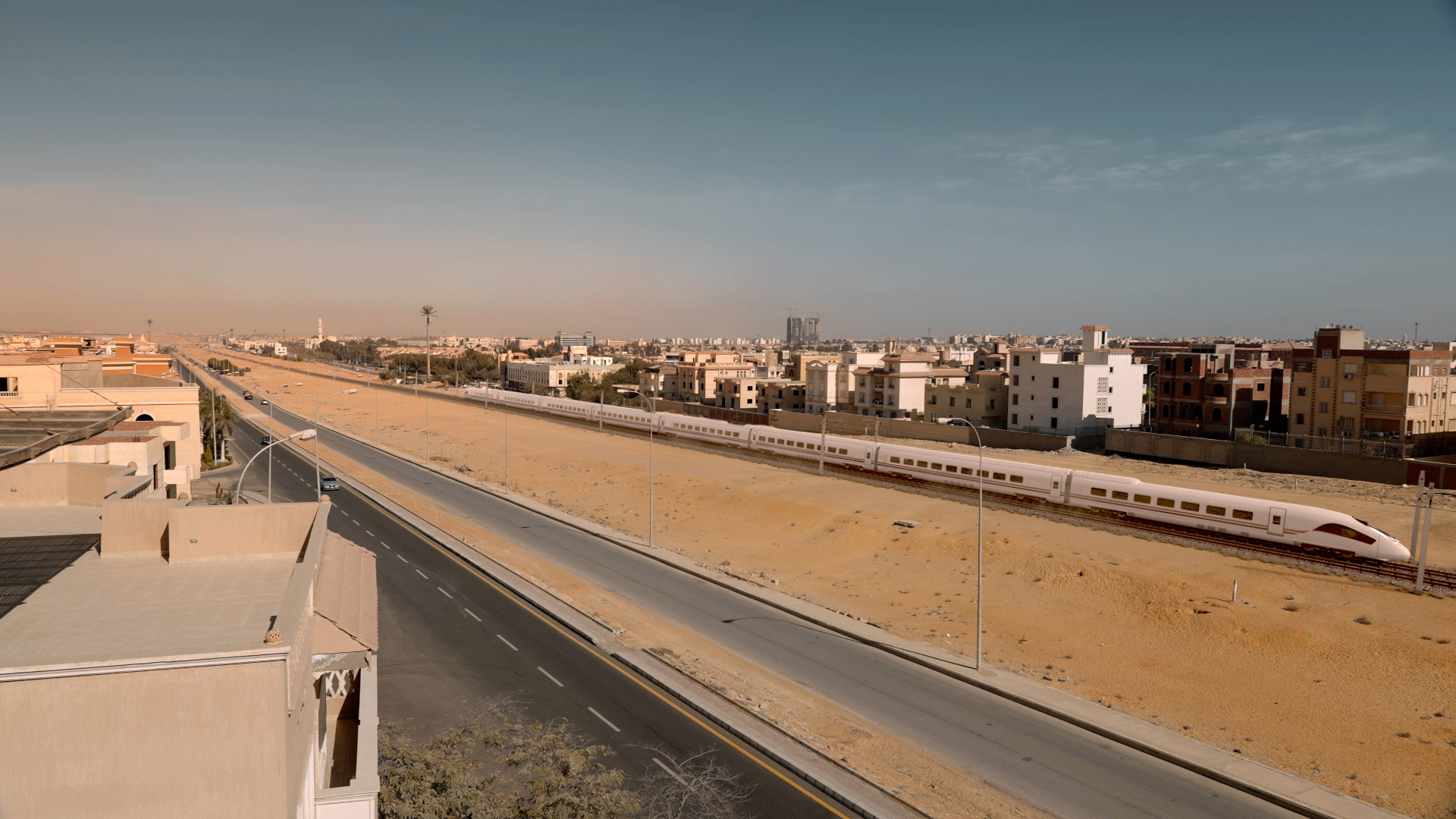 Velaro high-speed EMU rendering for Egypt’s first HSR line. Source: Siemens
Velaro high-speed EMU rendering for Egypt’s first HSR line. Source: Siemens
The presence in Egypt one of the world’s largest player – CRRC – is not yet proportional to its share in the world market: in 2021, under its first contract in the country, the manufacturer began to deliver a batch of 22 six-car EMUs produced at the site in Qingdao. According to CRRC, the new trains can accelerate up to 120 km/h, which is the highest speed compared to other urban rail transport in Egypt and have increased passenger capacity (each train can carry up to 2.2 thsd people).
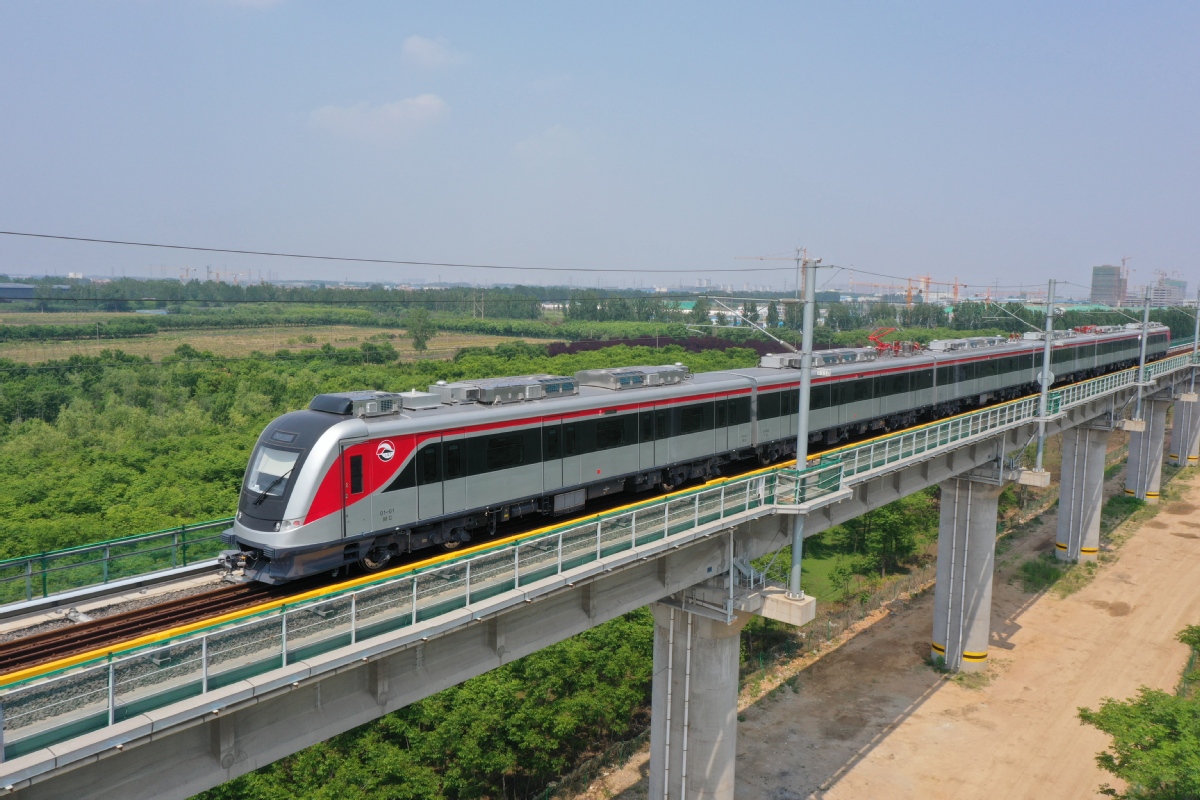 The first CRRC regional electric train for Egypt on trial in China. Source: chinadaily.com.cn
The first CRRC regional electric train for Egypt on trial in China. Source: chinadaily.com.cn
In terms of diesel locomotives deliveries, Wabtec and Progress Rail have been present on the Egyptian market for several decades, the earlier acquisitioned by the absorbed GE and EMD, respectively. However, in 2021, Wabtec received a significant new order with EBRD loan support for 100 Evolution ES30ACi diesel locomotives. Recently, the manufacturer also announced its intention to conclude another contract with ENR, for the supply of the FLXdrive battery-powered locomotive that may be the first of such kind a traction in the region.
Various deals were concluded last year for deliveries to the Cairo metro. Thus, Kinki Sharyo and Mitsubishi received an order worth $351.2 mln USD for the supply of 184 cars. The rolling stock is planned to be delivered from 2025 to 2028. Also, signed a contract with NAT for the modernisation of 23 metro trains being already in operation in Cairo for €180 mln. Financing was provided by the Spanish FIEM fund.
However, Egypt is also working towards creating its own competencies for the rolling stock production. So, at the end of 2020, the Suez Canal economic zone, the Sovereign Fund of Egypt and several private investors signed an agreement to establish the NERIC company. At the first stage, $178.5 mln USD should be invested, and over the next 10 years, the volume of investments may reach $10 bln USD. One of the key sites of the company in the nearest future should be an industrial complex with an area of 300 thousand m2 in Port Said, which will consist of three production lines for the manufacturing of metro cars (starting design capacity is 150 units per year), trams (150 units per year) and repair of electric trains (125 units per year).
The rolling stock is expected to be supplied both to the domestic market and for export to nearby countries. The project participants say that it is planned to form 30% of the added value during production, and also 50% of the components manufacturing will be localized in Egypt within 10 years.
It is worth noting that in May 2021 Hyundai Rotem announced plans to localise the production of metro cars at the NERIC site. The company signed a corresponding memorandum, which is aimed at the production of 800 cars for the Cairo metro. The level of localisation should gradually increase over 6 years, from 29.9% to 75%. Deliveries are planned starting on 2023.



